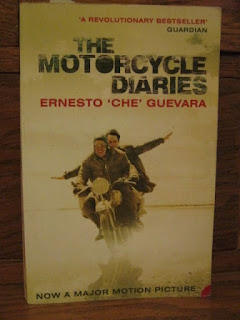The 'Still Light Tunic' is designed by Veera Valimaki at Rain Knitwear Designs; Julie and I have been making it as a joint project for the last couple of months. I bought some Araucania Ranco at Black Sheep Wools in the sale and the contrast stripes are done in Louisa Harding Pittura. It has these lovely folded in feature pockets; clothing without pockets annoys me, or, like the Bressay dress, pockets that are too small to be of use.
Julie's is done in Drops Baby Merino
We will do a joint photo some time but it has been a bit warm to wear them; today is cooler so I am enjoying just getting used to it. I treated myself to new leggings to wear with.
We ended up waited nearly a fortnight for new needles to do the bottom ribbing. I had purchased circular needles that had come apart, been returned for replacement and then come apart again. I finally returned them to the supplier because the shop in Chorlton had no more of the right size, and the kind people at customer services at Essentials sent me a lovely selection of bits and pieces: you can never have too many needles. I should add that I have bought this brand several times and never previously had any problems with them.








